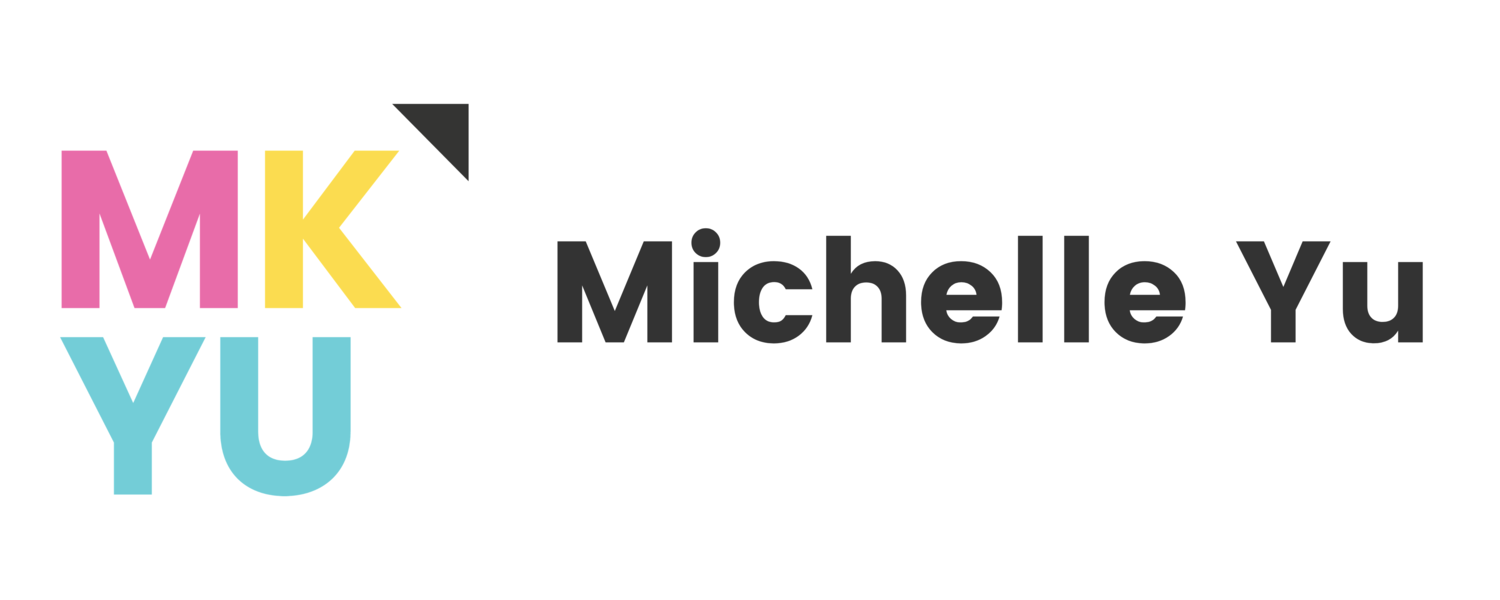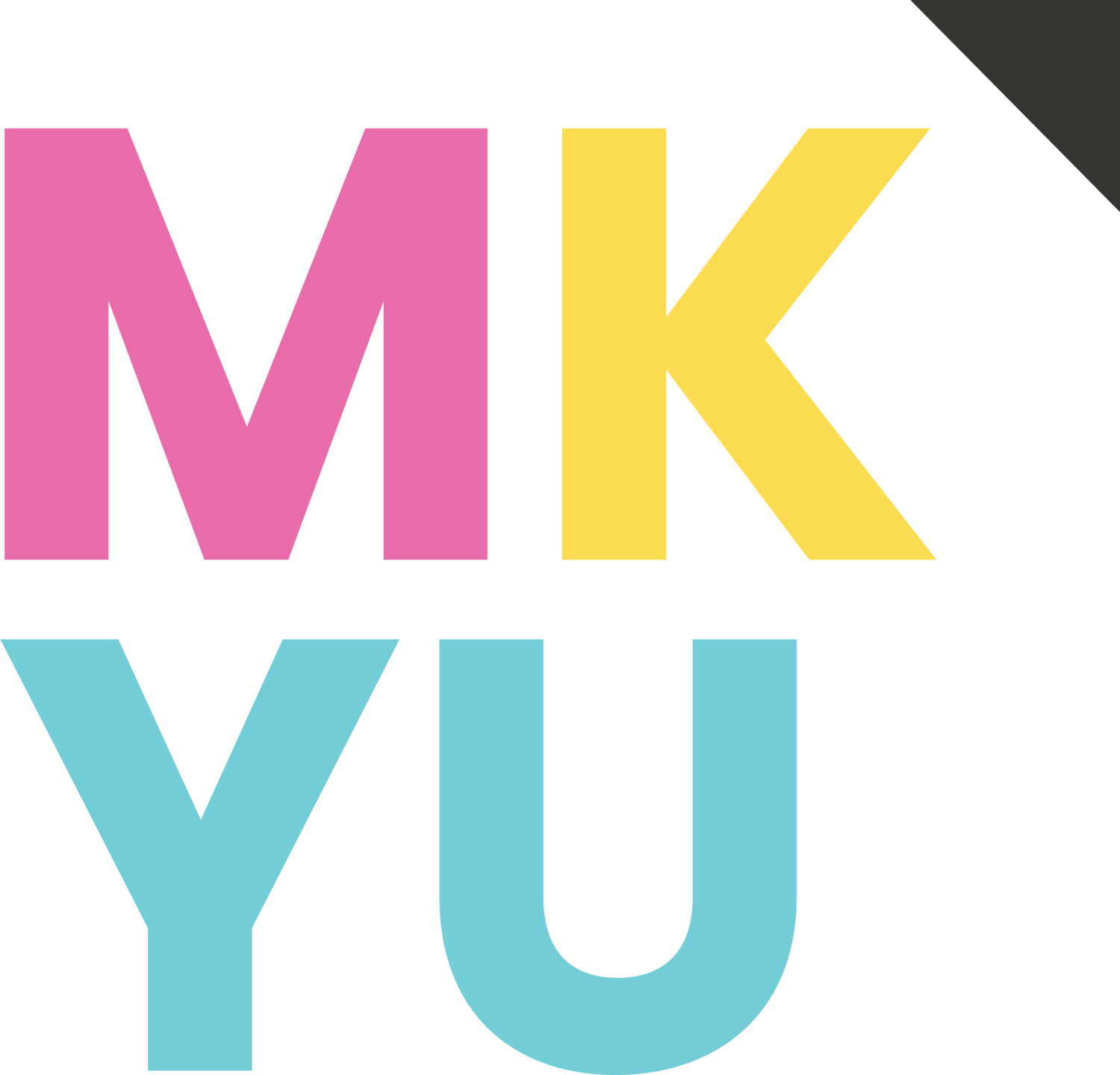The Cover Letter - Yay or Nay?
I read an article the other day on LinkedIn Pulse about a hiring manager's claim that cover letters weigh more than resumes. Reading the comments, there seemed to be a lot of mixed feedback on this topic. From my personal standpoint as a recruiter, cover letters have not been as helpful than a solid resumes, LinkedIn profiles, and some strong storytelling.
So, the question is: should we, or should we not, provide a cover letter? Before you start stressing about writing one, here are my thoughts.
1) Different industries will approach the cover letter differently. It’s hard to say whether there is a best practice, but my general thought is that it depends on the industry. If the company feels more “traditional” or is in the big corporate sector, then it could be expected for candidates within that industry to follow that approach because having a cover letter allows it to circulate better internally. However, if the company is younger, scrappier and overall fast paced, the cover letter may not be an efficient use of the job seeker’s time. In the latter instance, hiring managers and recruiters will resort more heavily on other things like a strong resume, strong LinkedIn profile, strong brands. Remember that a cover letter is supposed to entice the recruiter and hiring manager, and will not exactly "make" a decision on whether the company is interested in talking further; if written incorrectly, it could even break your chances.
2) No one has time to read a long cover letter. To reiterate, the purpose of the cover letter is to entice the reader on taking action, which is scheduling an initial conversation. If you are sending in a cover letter that is more than 3 paragraphs in length, then it might be too verbose and may not be getting straight to the point. Hiring managers and recruiters simply don't have the time to read through an entire essay, so before pushing send, think through whether you are putting your best foot forward. Strong cover letters are generally brief and to the point; candidates must be explicit about who they are and what they are looking for, and give strong examples of why they are a fit. Strong cover letters (and good candidates) present information that is well organized and easy to find.
3) Don't send a cookie-cutter cover letter. Why? because cut and paste cover letters may overlook small details that the applicant might not see. You might be blasting off 10 cover letters a day, and though it seems efficient, you forget to change the name of the company, or the name of specific job title. Oops. Cover letters should be role and company specific, and needs to be tailored. The candidates that are able to able to identify the employer's wants/needs/pain points, and succinctly portray why they are a fit, will peak more interest. A candidate that can highlight why he/she is a good fit for this particular role and company is in a better position to be called back. Generic cookie cutter resumes usually do not capture that effect.
4) If you are spending too much time writing a cover letter, then it's not an efficient use of time. If you've been working on one cover letter for more than a couple hours (even days and/or weeks), then you are spending time in the wrong places. Your time is better spent on other methods, like networking, reaching out directly on LinkedIn, or connecting with people for informational interviews. While the format for a cover letter is pretty standard, what applicants usually struggle with is being able to tie the "why they are a good fit" into a short concise summary. If this is something holding you back in your job search, I suggest taking time off to reflect on your whole career image/trajectory/accomplishments/goals first. The better you are able to connect the dots, the better you can convey this value to others.
So, where do I stand? My preference is to ditch the cover letter, but write an awesome cold email, or LinkedIn message to the hiring manager and/or recruiter, replacing the official cover letter with an introductory email + your resume, and a call to action as. This will show more proactivity and shows you are serious about the position.
At the end of the day, it’s totally your call. Other thoughts on this topic:
If you are in a conservative and traditional industry (Wall Street, traditional consulting, Big Four), then a cover letter might be helpful for navigating through the recruitment process, but make sure it's short and concise, and specific to what you are looking for (not a generic cookie cutter template)
(Speaking to my Silicon Valley folks): if you are an engineer looking for an engineering role, I would not suggest it (unless you are looking to switch into a business related function, where showing cross functional skills is crucial to describe and portray). Engineers are better positioned describing their contributions and results through their resume alone.
To conclude, if a hiring manager had only one hour to get through an influx of 150 resumes, the hiring manager would be more inclined picking through resumes, looking for relevant skills, than to be reading the cover letter. No matter how much personality you try to inject into the cover letter, after a while, cover letters start to blur, so a rock solid resume, clear and direct cold email, and follow through will help cut through the noise.

